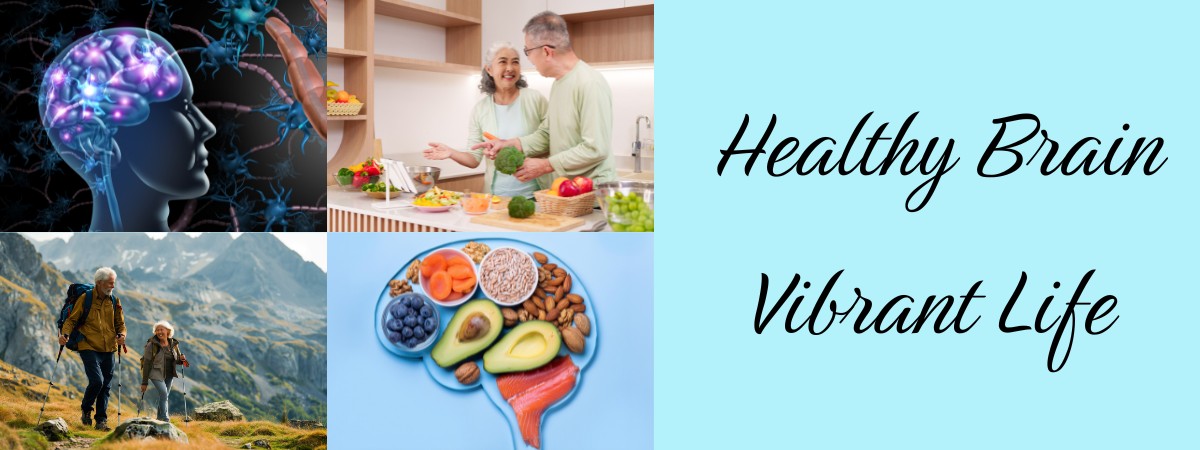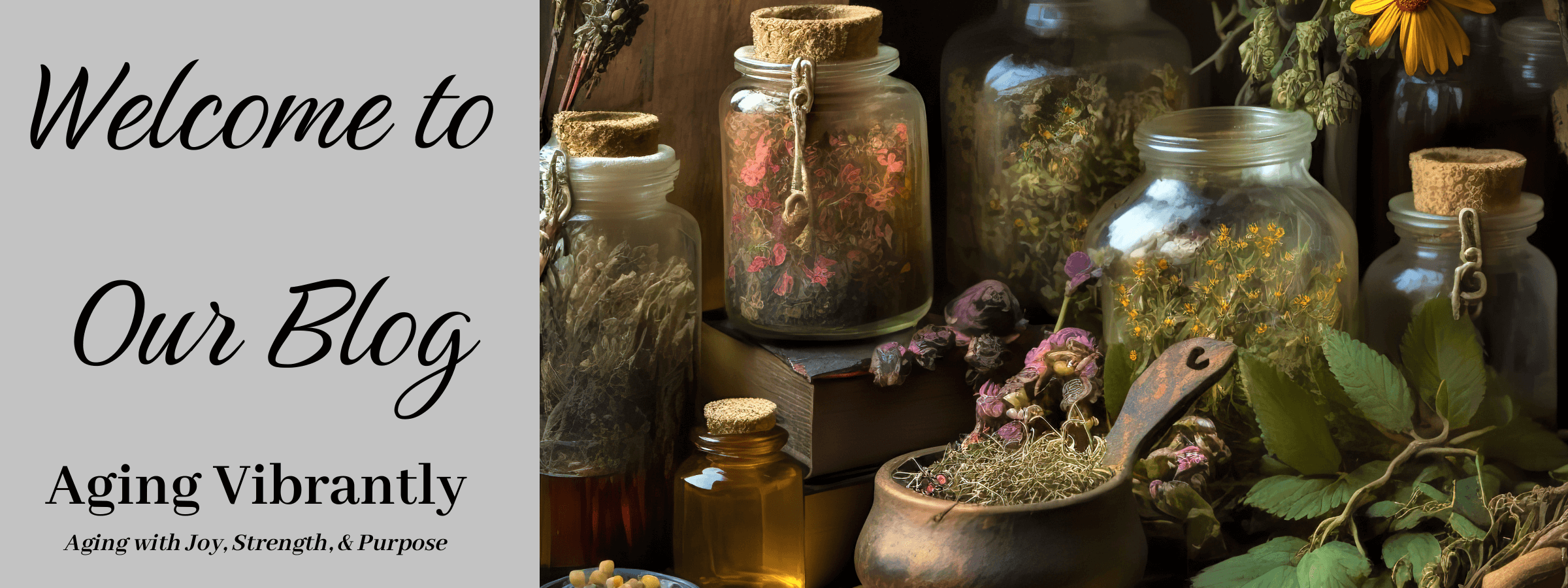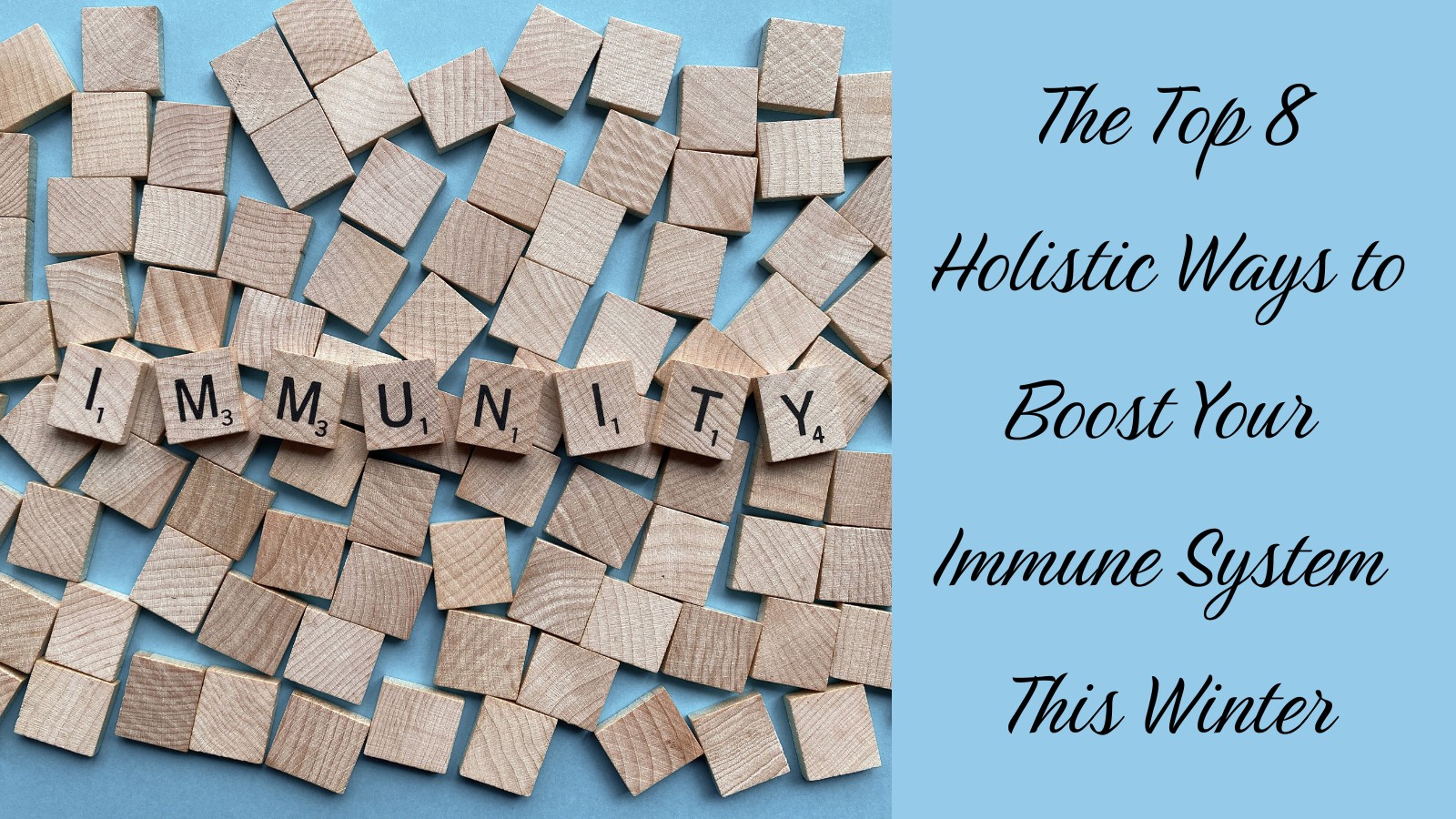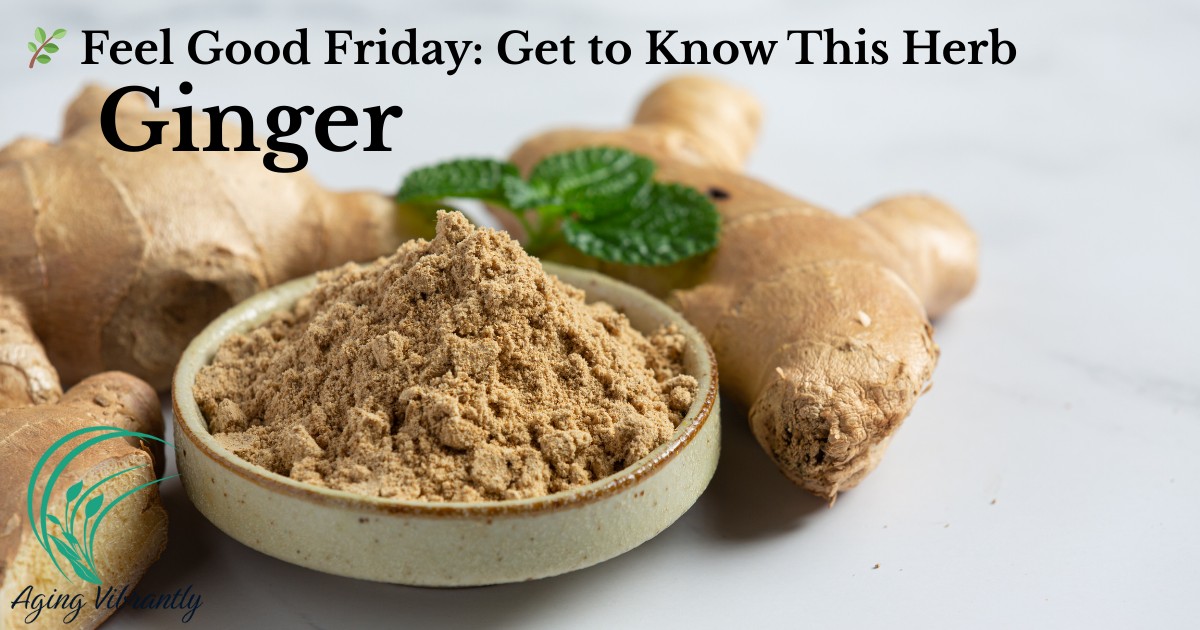
Have you ever walked into a room and forgotten why you’re there? Or misplaced your glasses only to find them on top of your head? You’re not alone! Occasional memory lapses are a normal part of aging. But many older adults worry about more serious cognitive decline as they grow older.
Here’s the good news: while genetics play a role, lifestyle choices have an enormous impact on keeping your mind sharp and memory strong. With a few intentional steps, you can support your brain and enjoy life with clarity and vibrancy.
Let’s explore natural, whole-person ways to prevent cognitive decline and boost brain health.
Understanding Cognitive Decline
Normal Aging vs. Concerning Changes
As we age, it’s normal to process information a little slower, or take longer to recall names. But ongoing forgetfulness that disrupts daily life—like repeating questions, getting lost in familiar places, or struggling with language—can be a sign of something more serious.
Why Prevention Starts Now
Even if you haven’t noticed changes, prevention is key. By building brain-healthy habits today, you reduce the risk of dementia and increase your chances of aging vibrantly.
💡 Did You Know?
Alzheimer’s disease accounts for 60–80% of dementia cases, but research shows that lifestyle changes can significantly lower your risk.
Alzheimer’s disease accounts for 60–80% of dementia cases, but research shows that lifestyle changes can significantly lower your risk.
Nourishing the Brain Through Diet
Feed Your Brain the Right Fuel
Your brain uses about 20% of your body’s energy—it’s hungry! What you eat directly affects how well it functions. Diets high in processed foods, refined sugar, and unhealthy fats increase inflammation, which can damage brain cells.
Nourish Your Mind and Body: A Smart Eating Plan for Older Adults
Nutrition experts recommend the MIND diet, a blend of the Mediterranean and DASH diets. It emphasizes leafy greens, berries, nuts, olive oil, fish, and whole grains—foods proven to protect memory and reduce the risk of Alzheimer’s.

🍇 Quick Brain Boost Tip: Add a handful of blueberries to your breakfast. They’re rich in antioxidants that support memory and brain function.
Move Your Body, Strengthen Your Mind
Why Exercise is Brain Medicine
Exercise doesn’t just strengthen muscles—it strengthens your brain. Physical activity increases blood flow, encourages the growth of new brain cells, and supports neuroplasticity (the brain’s ability to adapt and form new connections).
Best Activities for Brain Health
- Aerobic exercise (walking, swimming, cycling) improves circulation.
- Strength training supports balance and reduces fall risk.
- Mind-body activities (tai chi, yoga, dancing) improve coordination and mental focus.

🚶 Try This Today: Take a 20-minute walk outdoors. Just one session boosts blood flow to the brain!
Social Engagement and Emotional Health
The Healing Power of Connection
Humans are wired for connection. Meaningful social interactions stimulate the brain and protect against memory loss. Studies show that loneliness is linked to a higher risk of dementia.
Loneliness and the Brain
If you live alone or feel isolated, look for ways to connect—volunteering, joining a club, attending church or community events, or even regular video calls with family.

💬 Challenge Yourself: Call a friend or family member today. Social engagement keeps your mind sharp and your heart happy.
Mental Stimulation and Lifelong Learning
Keep Learning, Keep Growing
Just like your muscles, your brain thrives when challenged. Reading, learning a new language, or even trying a new recipe strengthens cognitive reserve—the brain’s ability to cope with aging.
Creative Hobbies That Build Brainpower
Music, painting, gardening, and writing stimulate different parts of the brain, helping maintain flexibility and problem-solving skills.

🧩 Brain Builder: Try a new puzzle app or sign up for an online class to stretch your thinking.
Rest, Relaxation, and Stress Management
The Sleep–Brain Connection
Sleep is essential for memory and brain repair. During deep sleep, the brain clears out toxins linked to Alzheimer’s disease. Adults over 55 should aim for 7–9 hours of quality rest each night.
How Stress Steals Your Memory
Chronic stress floods the brain with cortisol, a hormone that damages memory and concentration. Over time, unchecked stress increases the risk of cognitive decline.

😴 Sleep Tip: Stick to a bedtime routine—reading a book, praying, or listening to calming music can signal your brain it’s time to rest.
Whole-Person Wellness and Professional Support
Checkups Matter: Partnering With Your Doctor
Managing chronic conditions like high blood pressure, diabetes, and high cholesterol is vital for brain health. These conditions can reduce blood flow to the brain and contribute to memory problems.
Natural Supports to Discuss With Professionals
Some herbs and supplements show promise for supporting brain health, but always talk to your provider before starting anything new.

🌿 Holistic Helper: Ginkgo biloba and turmeric have been studied for memory support—ask your healthcare provider if they’re right for you.
Conclusion
Your brain is your most valuable asset—and it’s never too late to protect it. By eating nourishing foods, staying active, connecting with others, learning new things, managing stress, and caring for your whole body, you can strengthen your memory and live vibrantly at every age.
Protecting your brain doesn’t require an overhaul—just small, consistent steps.
✨ Which one brain-healthy habit will you start today? Please share in the comments.
If you found this article helpful? Read more:
Are you in search of a Nutrition Professional to help you individualize your journey?
Visit Nature's Nourished Kitchen and Elizabeth Knowlden!





















0 Comments